Tag: “Disability”

How Virtual Care Is Revolutionizing Digital Health
Dr. Jutta Treviranus collaborated in the District 3 panel “How Virtual Care Is Revolutionizing Digital Health” in October 2020.

Communication Access within the Accessible Canada Act Reports
Communication Access within the Accessible Canada Act project ended in March of this year with 26 recommendations to improve communication access within federal government services.
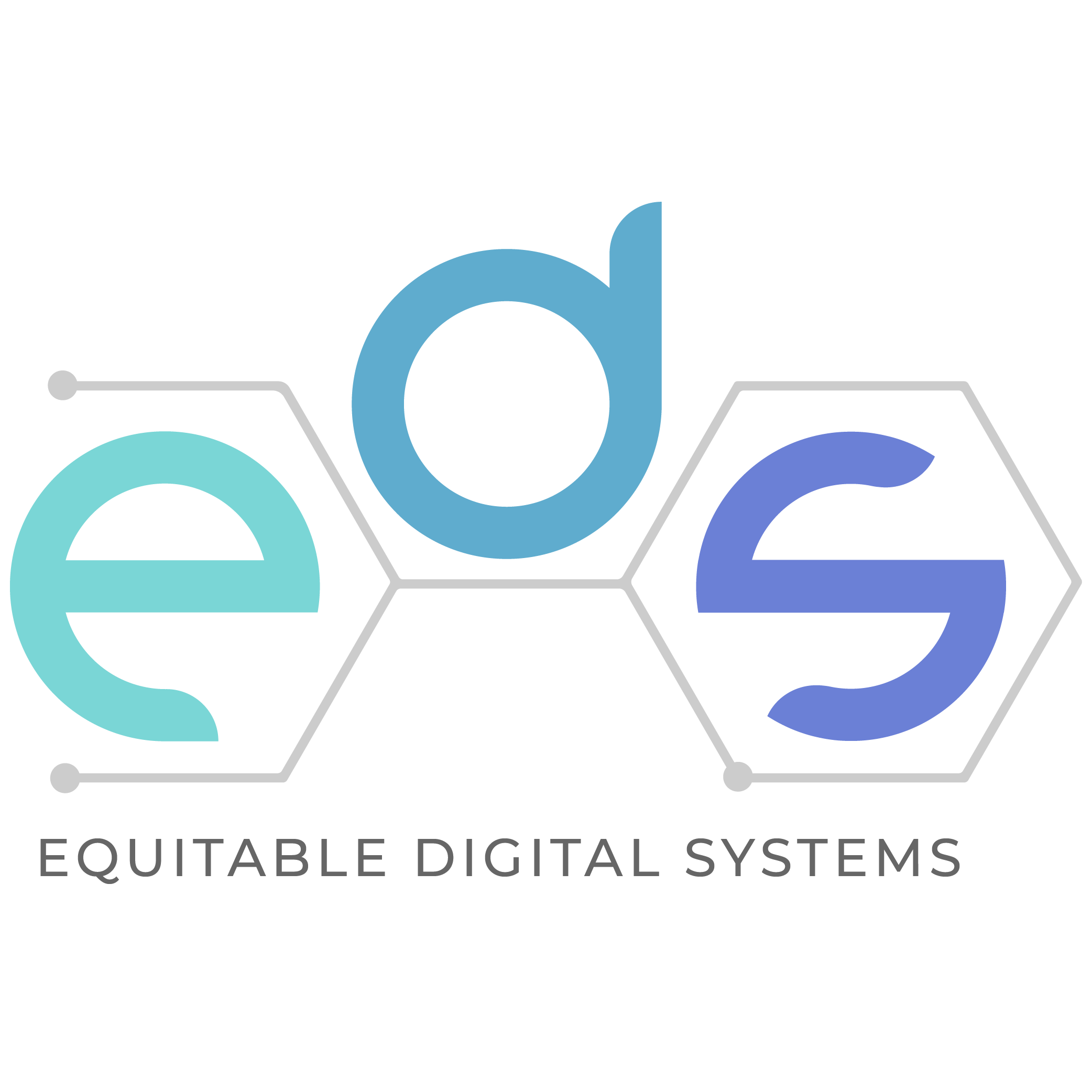
Equitable Digital Systems Final Research Report
Future of Work: Equitable Digital Systems (EDS) project team is excited to share the outcomes of a nearly three-year collaboration — during COVID.
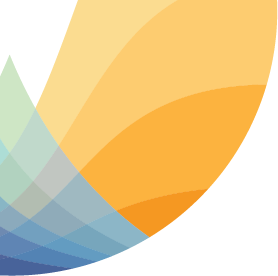
Introduction to Data Science Tools Resources in the We Count Research Library
Learning data science comes with a steep learning curve, and inaccessible tutorials, resources and tools create barriers. To support a more inclusive environment in the field of data science, We Count has created a resource library.

Informing Standards for Acoustics and the Built Environment
IDRC partnered with Carleton University's Accessibility Institute on the Informing Standards for Acoustics and the Built Environment project.

Equitable Digital Systems
The Future of Work: Equitable Digital Systems project is an initiative at the Inclusive Design Research Centre, OCAD U examining the accessibility of the digital tools and systems we rely upon for work.
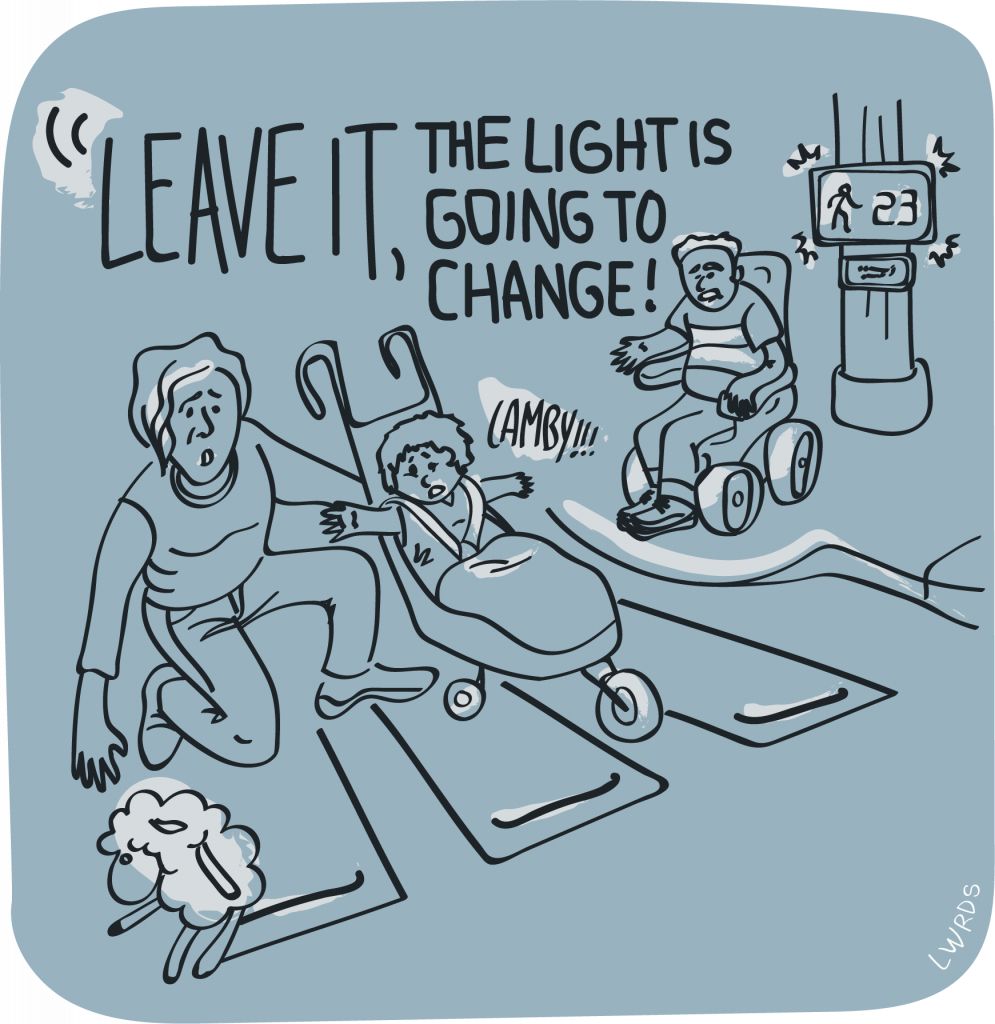
Journeys through the Digital Innovation Appendix of the Master Innovation and Development Plan
We Count worked with stakeholders to envision how the proposed technologies for the proposed Quayside “Smart City” project in Toronto could impact individuals with disabilities and their networks.
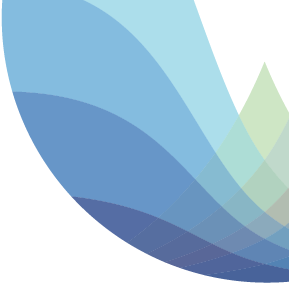
We Count Evaluates Toronto’s Quayside Master Innovation and Development Plan
Project We Count evaluated the MIDP for Toronto’s Quayside from the perspective of persons in Toronto who have difficulty with or are excluded by the current urban plan.
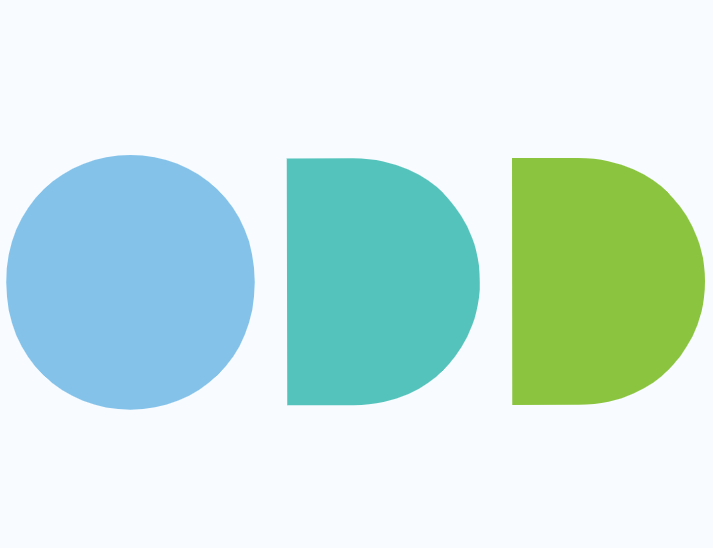
Exploring Bias in Hiring Tools
This video presentation examines how AI technology is utilized in recruitment and selection, its implications for candidates with disabilities, and the question of accessibility and diversity.

The Importance of Peripheral Vision
Jutta Treviranus was invited to contribute this essay related to We Count to Some Thoughts, a collection of essays on smart cities.